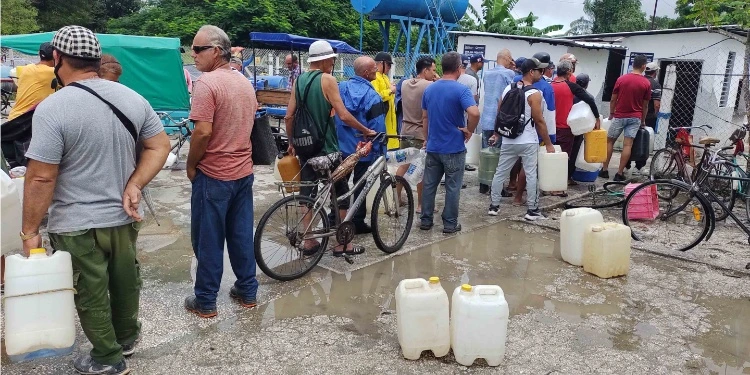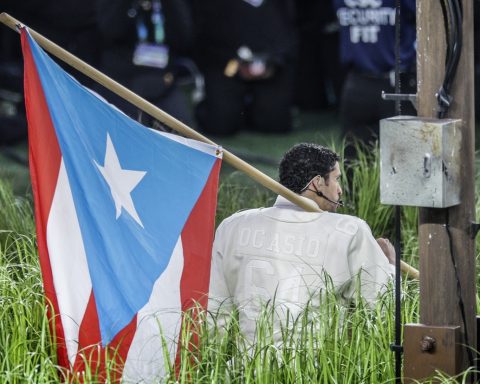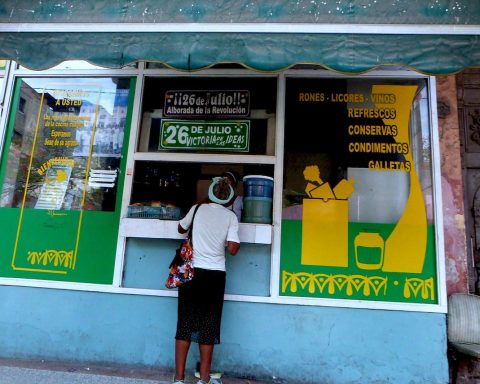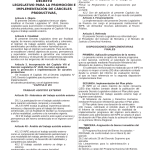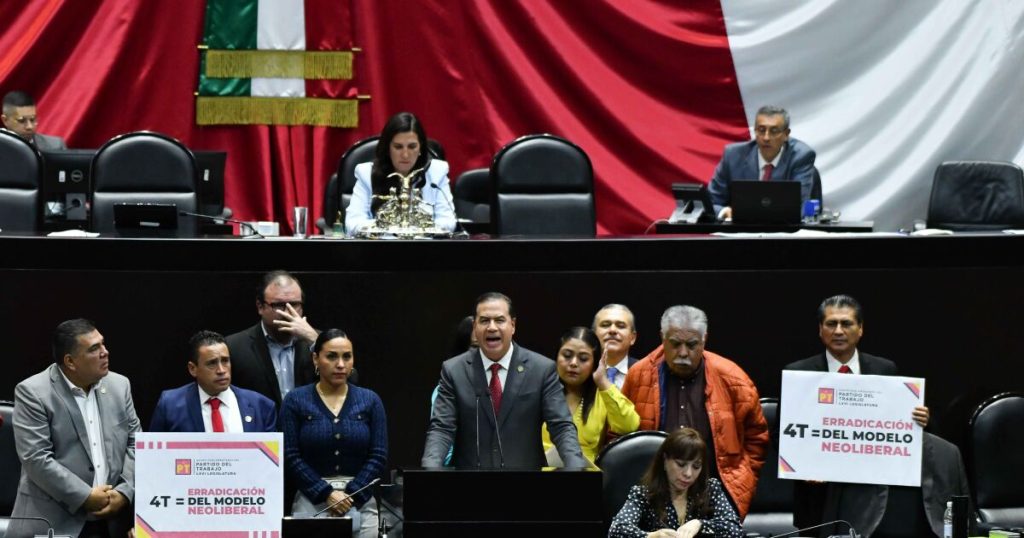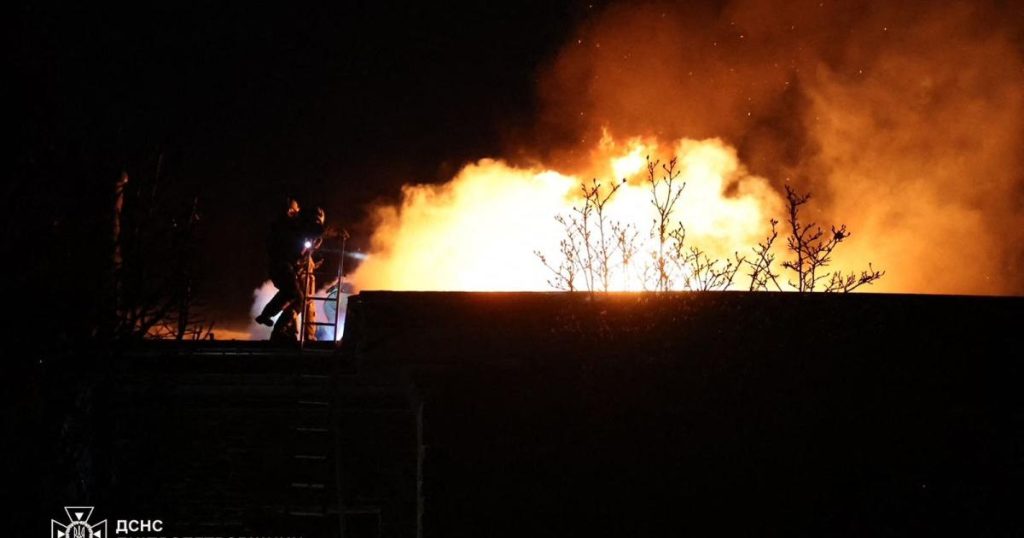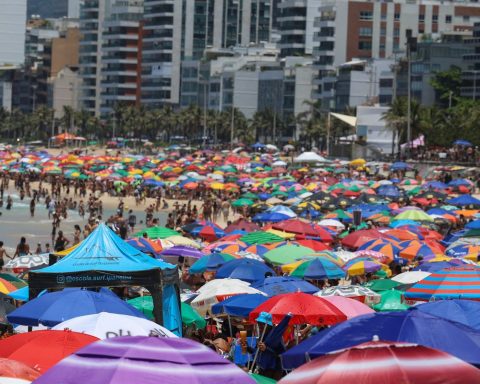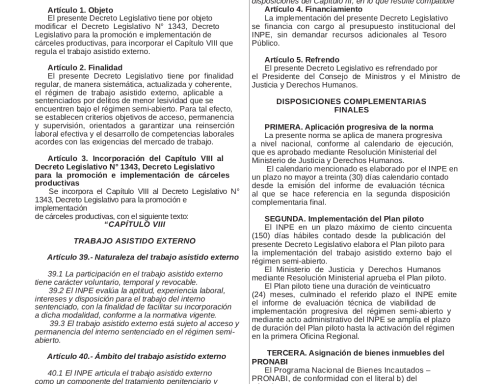Holguín, Cuba- Several factors mediate the water crisis in Holguín. The insufficiency of materials, poor investment in basic infrastructure and constant bureaucracy have left Holguín residents dependent on improvisations and ephemeral solutions.
Perhaps where the crisis is most perceived is at the point of sale of water drinking water near the 18-story building, one of the few in the city of Holguín where the precious liquid can be purchased and where long lines of people are observed daily.
Due to the lack of management by the authorities, a water leak that spills from a defective stopcock in the pipe at the point of sale has worsened. This is one of the issues technical problems that cause slowness and instability of the service.
Luis Carlos Figueroa, a regular customer, affirms that the solution to the problem is not complex. “That is easy to fix, you don’t need to be an engineer or go to school,” says the man, who believes that the fix only involves a simple, low-cost repair.
“It involves removing the defective part, fixing a round plate with a rubber gasket in the middle, with four screws, tightening and it is ready. The culprit is not the United States blockade, it is the leaders who do not want to work or solve the problem,” he says.
This idea is supported by Mauricio León, another customer who spends more than an hour in line. “If it were a smooth tube, we would have to invent more, but once the front plate is already installed, the solution is easier,” he confirms.
Despite the simplicity of the repair, the responsible They seem indifferent. “If they want, I will fix it for free and I will donate the four screws that only cost 120 pesos,” alleges Abel Figueroa, a plumber with almost 20 years of experience in the trade, also in line to purchase the water.
However, the Company has been reluctant to accept any solution proposal other than that of the managers. Disciplinary measures have even been applied when a problem has been resolved without the authorization of superiors.
“The main tank had leaks, they were going to throw it away and while another tank appeared they were going to suspend the sale of water. The company told Orlín, who was in charge of the water point, that the tank was out of repair. Orlín disobeyed the order of his superiors and on his own, without asking permission, brought some welders who, with a plate, made a weld on the inside, fixed it and the next day the point continued selling water. Orlín solved the problem but to make the company bosses look ridiculous they threw it away, but the tank had no more leaks and they continue to use it. If Orlín had not done that, the tank would still be unfixed,” said a worker who identified himself as César.
These own initiatives have already become common. The water delivery workers, self-employed people who depend on this service, have made decisions that do not correspond to them, to keep their jobs.

“We aguateros raise money and buy the keys (faucets) because the company doesn’t do it. And at night they are stolen all the time. This is working because we bought the keys. The company does not provide any keys or hose. Between us, who don’t have to do it, we collected 50 pesos each to buy the wrenches and hoses. That is why sometimes we get angry with the company directors who want to boss us around as if we were their workers, and we are self-employed who pay license fees, taxes and means of work that no one provides us. The day they put a lot of pressure on us, we take our batteries and hoses and leave,” said a water deliveryman who requested anonymity for fear of reprisals.
Several testimonies refer to acts of corruption that have gone unpunished. The most mentioned refers to the mysterious disappearance of a tank intended to improve service. “They brought a bigger tank to put here and the tank was lost. They told us that it was stolen, an explanation that no one believed because that tank could only be moved with a crane, but no one complained and everything stayed that way,” said another water carrier who identified himself as Tomás.
Frequent blackouts, which have coincided with cloudy days, have affected water sales. This must be suspended because the installed panels do not work due to their poor location, preventing service.
“They should have put the solar panels in another place where the sunlight is better used. At four in the afternoon, before closing the water point and in the middle of a blackout, we have to go without water because the sun does not shine on the panels and there is no current for the turbines to pump. It was a mistake to install the solar panels in that place, they put them there to take advantage of the sidewalk and not waste more resources,” says Bernardo Aguirre, an electrician who also has to wait to buy water.
Both customers and street water vendors pay the consequences of the Company’s wrong decisions.
“We start the line at dawn, we have nowhere to shelter, we get wet in the downpours, on several occasions it is 12 noon and the sale has not started and we are without breakfast or lunch,” says Tomás.
